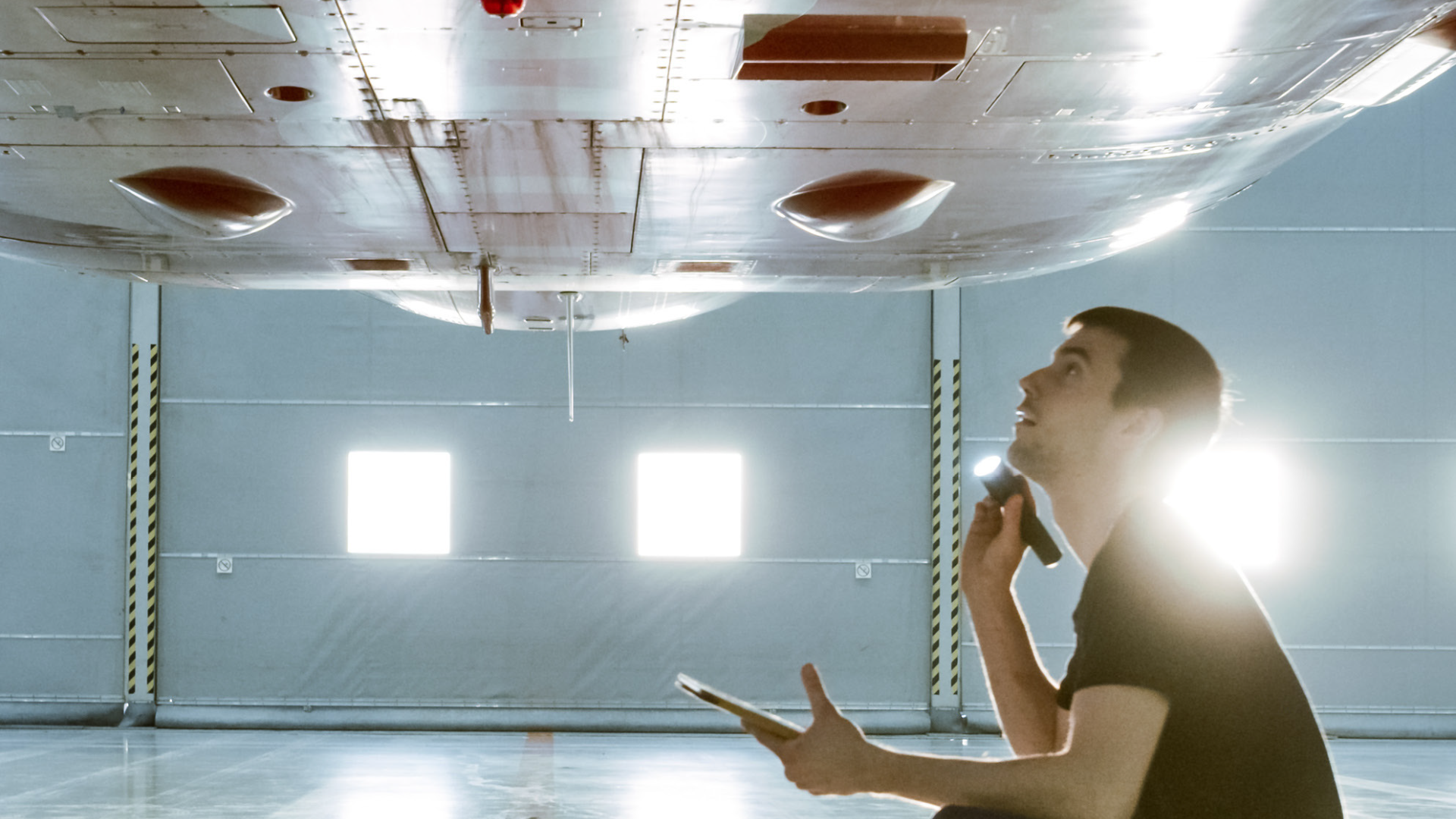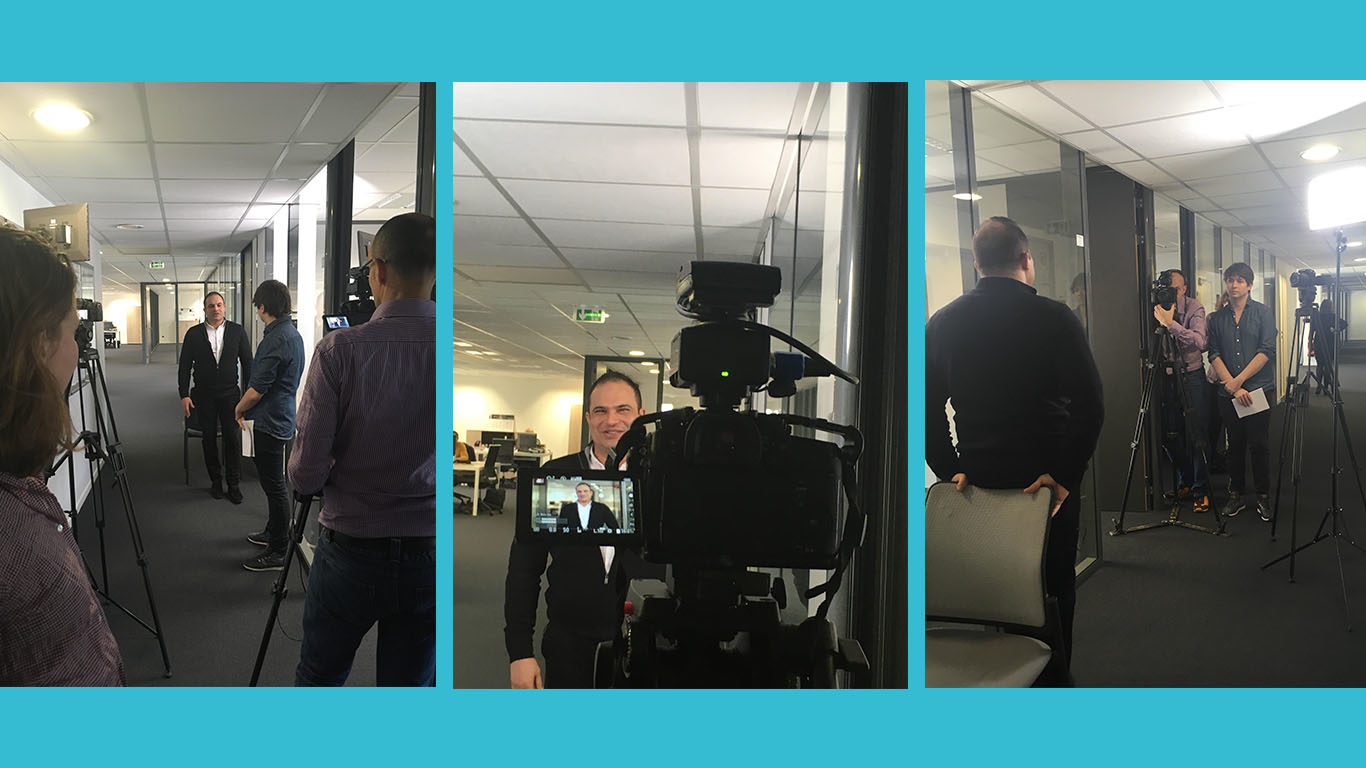TURNING AN IDEA INTO INDUSTRIAL REALITY
Production engineers transform digital designs into robust, industrializable manufacturing processes. This involves analyzing the feasibility of parts (design for manufacturing), defining the necessary equipment (machines, tools, workstations, logistics), and preparing industrial documentation. Acting as a technical conductor, they coordinate communication between the design office, quality teams, logisticians, and workshop operators to ensure the consistency and efficiency of the entire process. This work makes it possible to anticipate difficulties and avoid errors while optimizing production time and costs.
CONTRIBUTING TO CONTINUOUS IMPROVEMENT
But the role of production engineering does not stop at initial manufacturing. It is part of a continuous improvement process. Lean, 5S, FMEA, and Six Sigma methodologies are all tools used to reduce waste, streamline workshop organization, and control risks. In contexts of ramp-up, digitalization, or industrial transformation, SEGULA relies on these tools to strengthen the methods teams of manufacturers and equipment suppliers.
GUARANTEEING QUALITY AND TRACEABILITY
SEGULA ensures compliance with industrial standards (EN9100, NADCAP), carries out the necessary process controls and ensures rigorous management of technical documents. Thanks to complete traceability, every part and every operation can be tracked. The teams also manage any deviations and implement control plans to ensure production compliance.
MEETING TECHNICAL CHALLENGES THROUGH A LARGE NETWORK OF EXPERTS
At SEGULA, production engineers face significant technical challenges and are required to work with particularly demanding materials such as titanium, composites, and Inconel, which require specific skills. The parts produced often have to meet very strict tolerances, with little margin for error. Added to this are advanced processes such as high-speed machining, friction stir welding (FSW), multi-axis drilling, and robotic automation. To meet these requirements, SEGULA mobilizes an international network of experts capable of responding quickly to multi-site projects and adapting to peak workloads. This deployment capacity is accompanied by contractual flexibility that allows resources to be adjusted to the specific needs of each project. This agile model is perfectly suited to ramp-up requirements, particularly on final assembly lines.
ADAPTING TO NEW CHALLENGES: TOWARDS MORE DIGITAL AND GREENER PRODUCTION ENGINEERING
SEGULA is committed to Industry 4.0 with the deployment of digital twins (to simulate workstations or lines), the use of augmented reality to guide operators or validate assemblies, and document automation. The aim is to accelerate industrialization while improving data reliability and reducing low-value-added tasks. Reducing environmental impact is also an important strategic focus. This involves streamlining processes (reducing material and energy consumption, reducing waste), choosing low-impact technologies, and integrating eco-design criteria into manufacturing ranges.
A TAILOR-MADE COMMITMENT MODEL
Faced with the challenges of industrial agility, today’s contractors are looking for partners capable of getting involved from start to finish: from co-design to production, including industrialization and workshop support. SEGULA meets this expectation by offering flexible commitment models: one-off interventions, management of complete batches or project management via dedicated platforms or outsourced service centers. This global commitment guarantees responsiveness, performance and cost control throughout the industrial cycle.
SEGULA’S ADVANTAGE: CROSS-SECTOR BRIDGES
SEGULA also operates in the automotive, naval, rail, energy, and defense industries. This wealth of experience enables the group to transfer innovative technologies to the aerospace sector:
→ From the automotive industry, SEGULA imports a culture of Lean (production optimization), automation, and industrial cadence.
→ From the naval and rail industries, the group draws on its expertise in systems engineering, large assembly production, product lifecycle management, and complex supply chain management.
“Production engineering in aerospace is much more than a support function: it is the industrial catalyst for performance, ensuring the feasibility, quality, and competitiveness of products. With its multi-sector experience, cutting-edge technical skills, and commitment, SEGULA is positioned as a strategic partner capable of supporting aerospace manufacturers in their current and future challenges.”

Arnaud Longuefosse, Vice President, Strategy and Business Development







 FOR A BETTER EXPERIENCE
FOR A BETTER EXPERIENCE